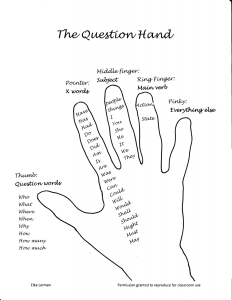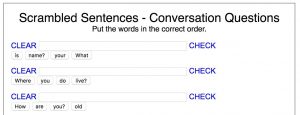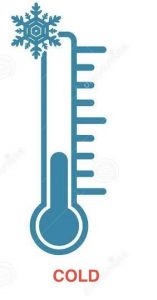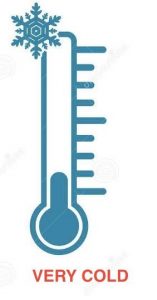
Don’t say:
– I born in Brazil.
– My son borned in January.
– Her baby borned last summer.
– When your baby borned?.
Say this:
– I was born in Brazil.
– My son was born in January.
– Her baby was born last summer.
– When was your baby born?.
Remember:
- When talking about the birth of a new baby, always use was born (for a birth in the past).
- Future: Her baby will be born in February.
- Question: Where was your baby born?
- Infinitive: I want my baby to be born in Boston.






